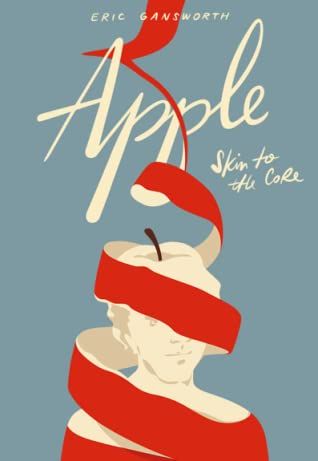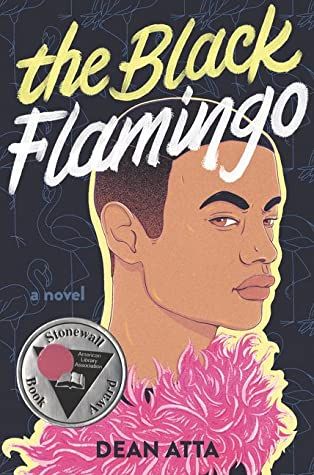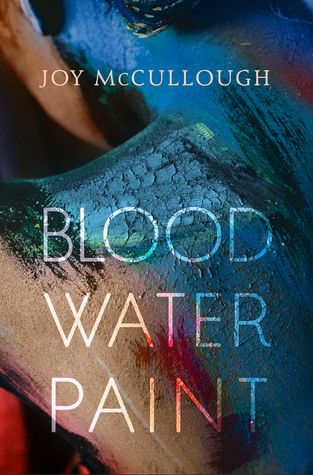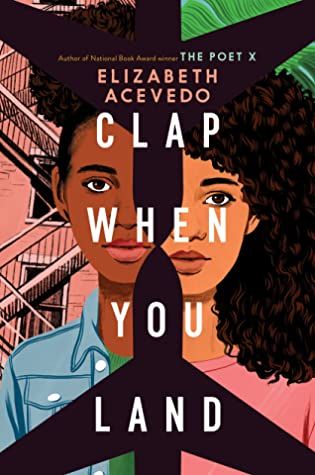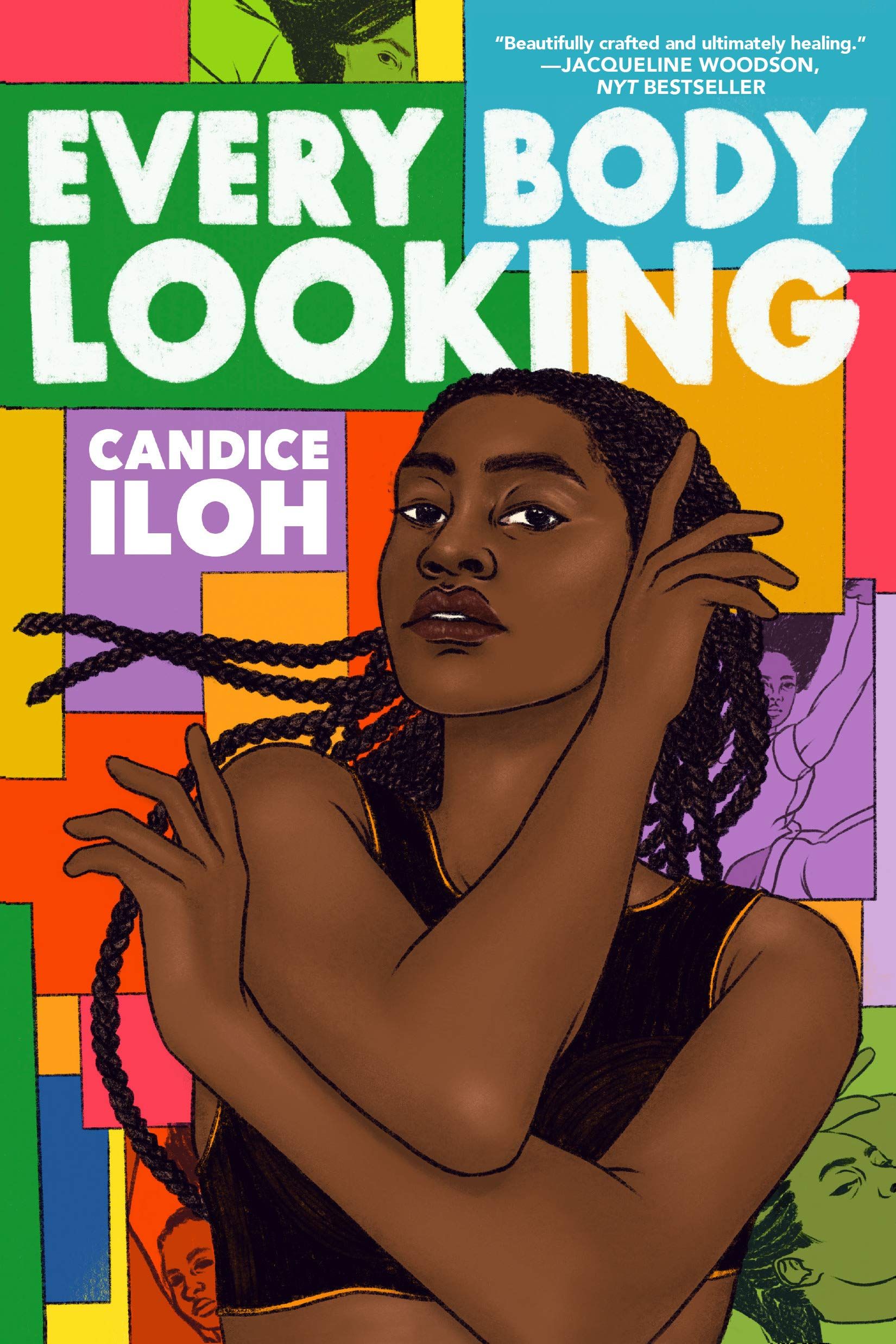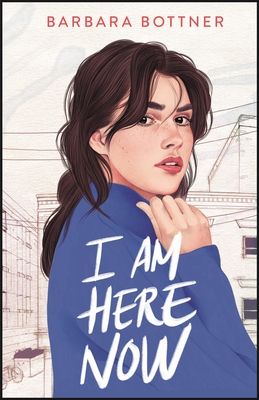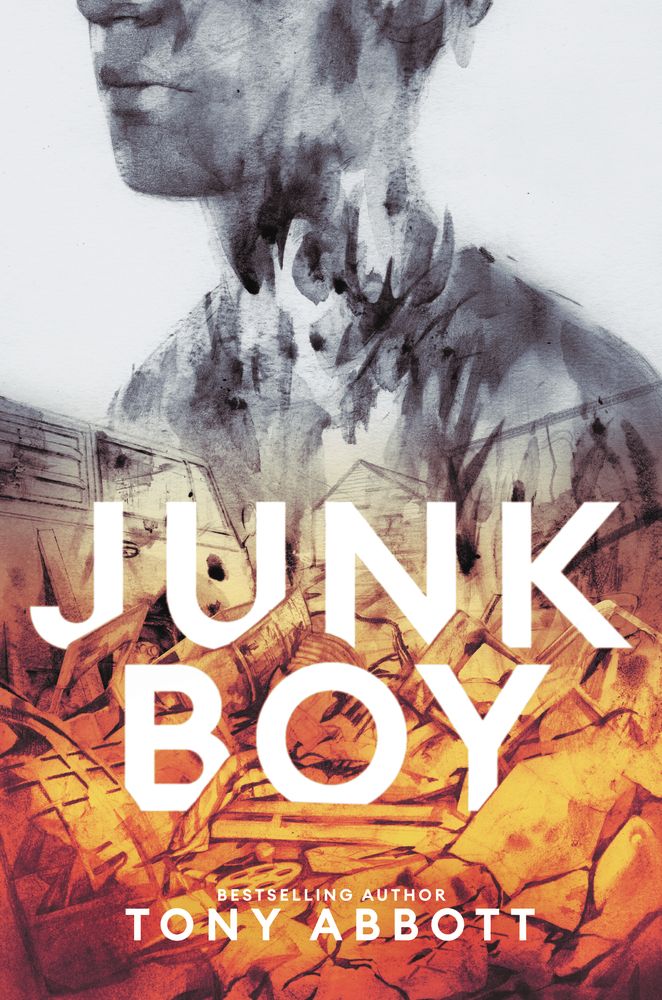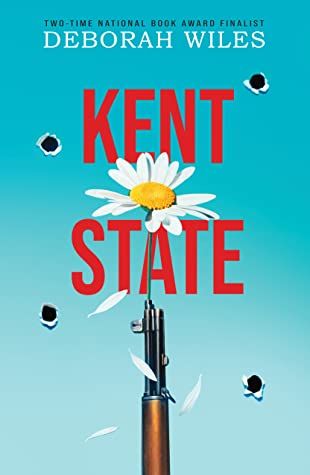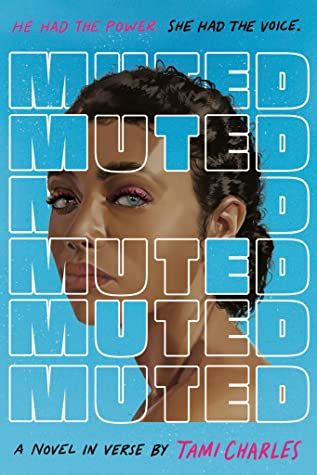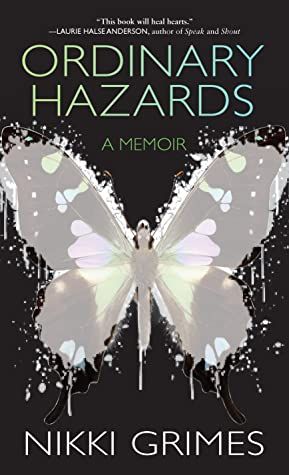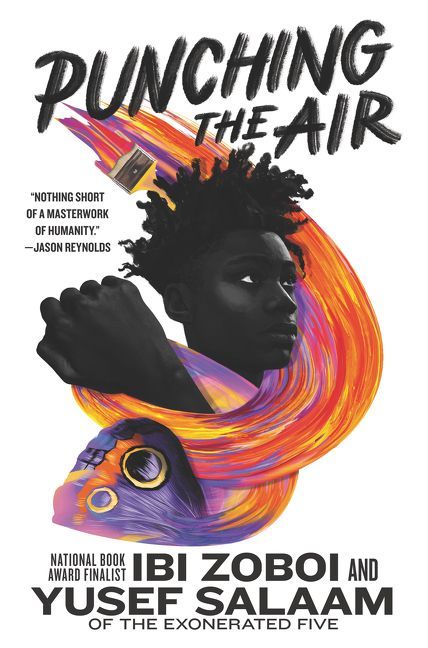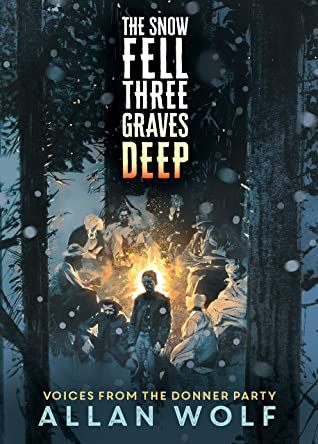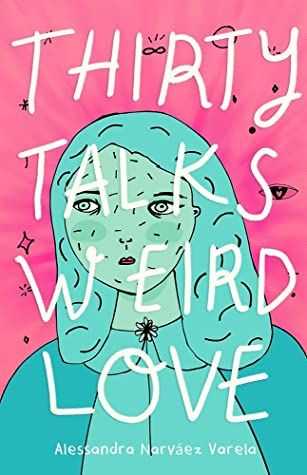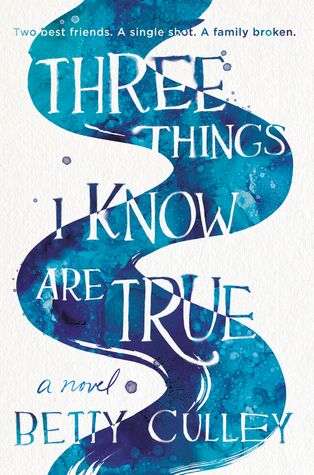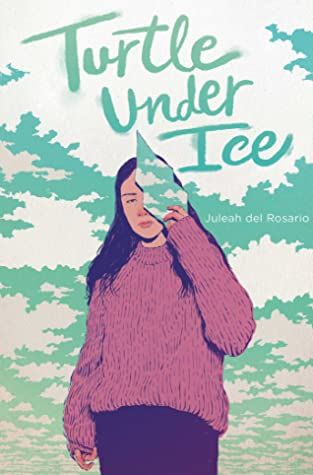YA verse novels are nothing new. They’ve been a part of the category of YA for decades, and like other formats and genres, their popularity rises and falls. We are deep into a rise and for that, we’re being rewarded with a rich array of voices, stories, and perspectives. In 2016, I pulled together a list of 100 must-read YA verse novels. The YA world has been treated to an incredible array of new verse novels in the time since, so it feels right to revisit the list and add to it. Find below 20 more must-read YA verse books to add to your ever-growing TBR. I’ve limited to one book per author — I could have included multiple by some of these writers — and I tried to not include too many books by authors who were included in the previous list. Most of these are novels, but this isn’t exclusively fiction. In some cases, these are fictionalized novels based on real people, stories, or history; in others, they’re real stories about real people; still in others, they’re entirely fictional.
21 More Must-Read YA Verse Novels
As the book progresses into Michael’s teen years in high school, it becomes clearer and clearer that Michael is queer. He’s lucky in that his family is mostly supportive, particularly his mother, who at times oversteps in trying to provide Michael a safe place to explore and express his identity while he’s not quite ready to step into it entirely himself.
It’s in Michael’s first year in college when everything changes — he’s eager to try on a new identity, eager to find people like him at school in a very queer-friendly college and community. And while he sidesteps the opportunity to take part in the Greek club and the LGBTQ+ club…he signs himself up for Drag Society, which plays deeply into his interests in acting and performance. He’s immediately overwhelmed by the idea of performing drag, but, as he begins to come into his drag identity as The Black Flamingo, Michael also begins to come to understand his identity can shift, can sway, and it can be whatever it is he desires it to be. And it’s the first Drag Society performance — one he almost misses — which helps him to this realization and allows him to become deeply, fully himself.
Powerful, moving, and despite the setting, utterly contemporary, this is a book about women, about power, and about discovering the ways your voice, by virtue of being female, can change your life (for better or for worse).
Yahaira, who lives in New York City, gets a call to the principal’s office on that same day to learn her father died in a plane crash.
Camino and Yahaira, sisters who’ve never met nor known about each other’s existence, are suddenly discovering a whole new world of secrets, of their complicated shared father, and about what binds them together as family.
Acevedo writes an emotionally-compelling, engaging, and immersive story of grief and love. Camino and Yahaira each have a distinct voice and we get to hear both sides of the story, of how their shared father kept his dual life a secret from them.
Maisie begins to fall deeply into art as a means of making sense of her life and quickly becomes close with Rachel, as well as Rachel’s mother, who are living the sort of artistic life she could only dream of. But this friendship comes with risks, both in her relationships and when it comes to her future.
But when Bobby meets Rachel, an artist whose parents hate her because she’s queer, he finally feels seen in a way he never has before.
After an altercation in a gentrifying neighborhood, Amal is arrested and convicted of a crime he didn’t commit. While he’s angry and desperate to get out, he once again returns to his art to find hope — and to fight back against a racist justice system.
Told in verse through multiple points of view, this is the story of the ill-fated Donner party as they attempted to travel across the Sierra Nevadas during the winter. The story includes the voices of not only the human travelers, but the non-human ones as well.
Written in a combination of Spanish and English, this verse novel is a compelling and hard-edged story about female friendship, about the challenges of being “the best,” experiencing and understanding depression, and about living in a reality where safety is of constant concern.
When Row and Ariana’s stepmother loses her 12-week pregnancy, Ariana spirals into grief as the wounds of losing her mother six years prior — and being the person with her as she died. Row, too, finds sadness welling up inside her again, but she takes it out by turning deep into her love of soccer. For her, whenever she’s on the field, her mother is right there with her.
With the help of her friend Kennedy, Row begins to look for her sister.
Ariana’s voice is present in this story, though it’s told primarily through flashbacks. She’s hopped on a bus, and we know there’s a piece of artwork in her lap. A few stops in, a former best friend gets on the bus, and she begins to share the story of the dissolution of their once-close connection. Ariana wanted to be so mired in her grief she couldn’t understand that other people, including this friend named Alex, deal with their personal losses in different means.
The story is tightly told over a period of less than a single day. But within that day, we see a large expanse of life for both Row and Ariana. Both are girls of color who are part Filipina, and their ethnicity is something that furthers the power of exploring grief here — it’s not something palatable, clean, easy, and consumable like the white media and “research” suggests it should be.






